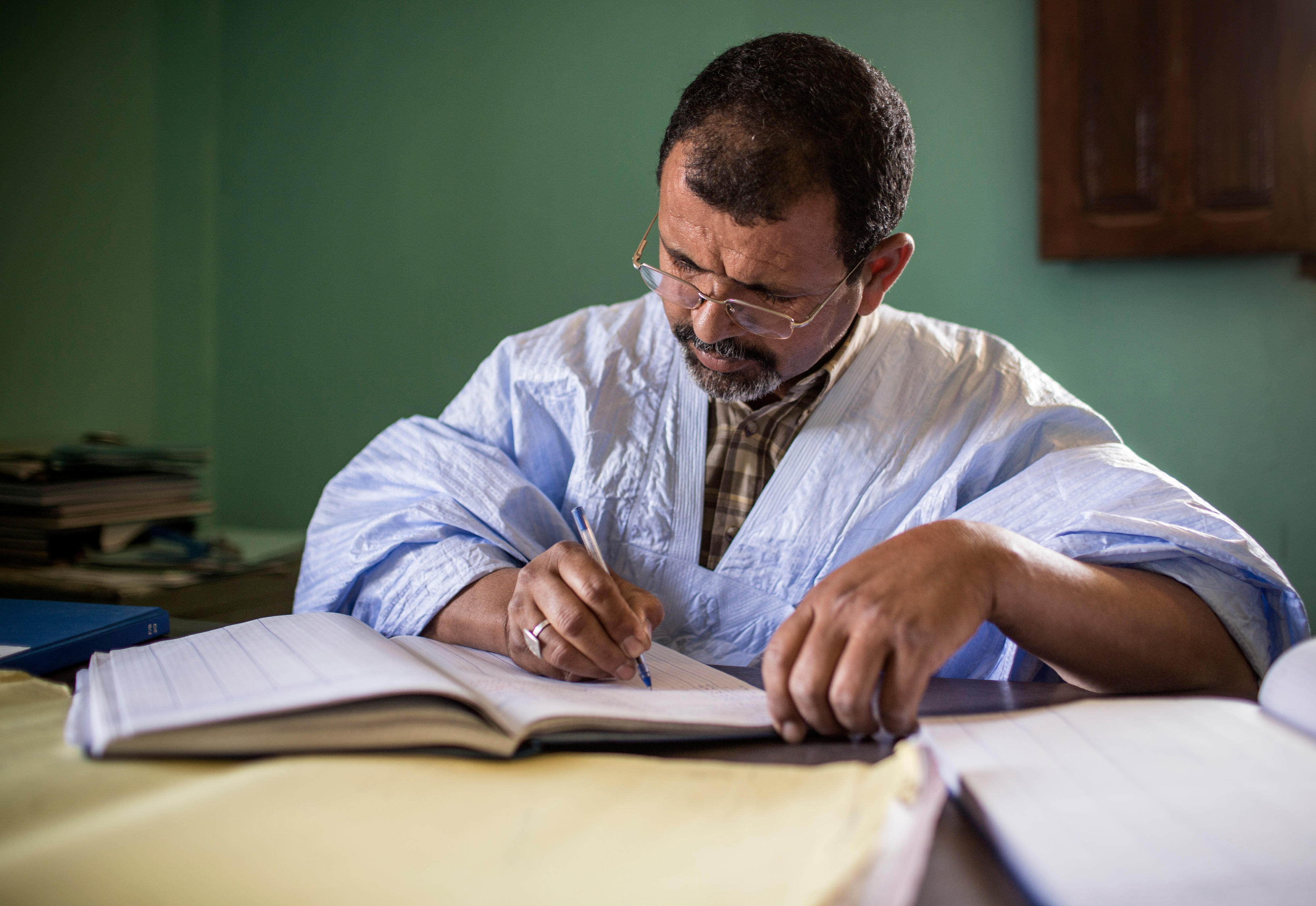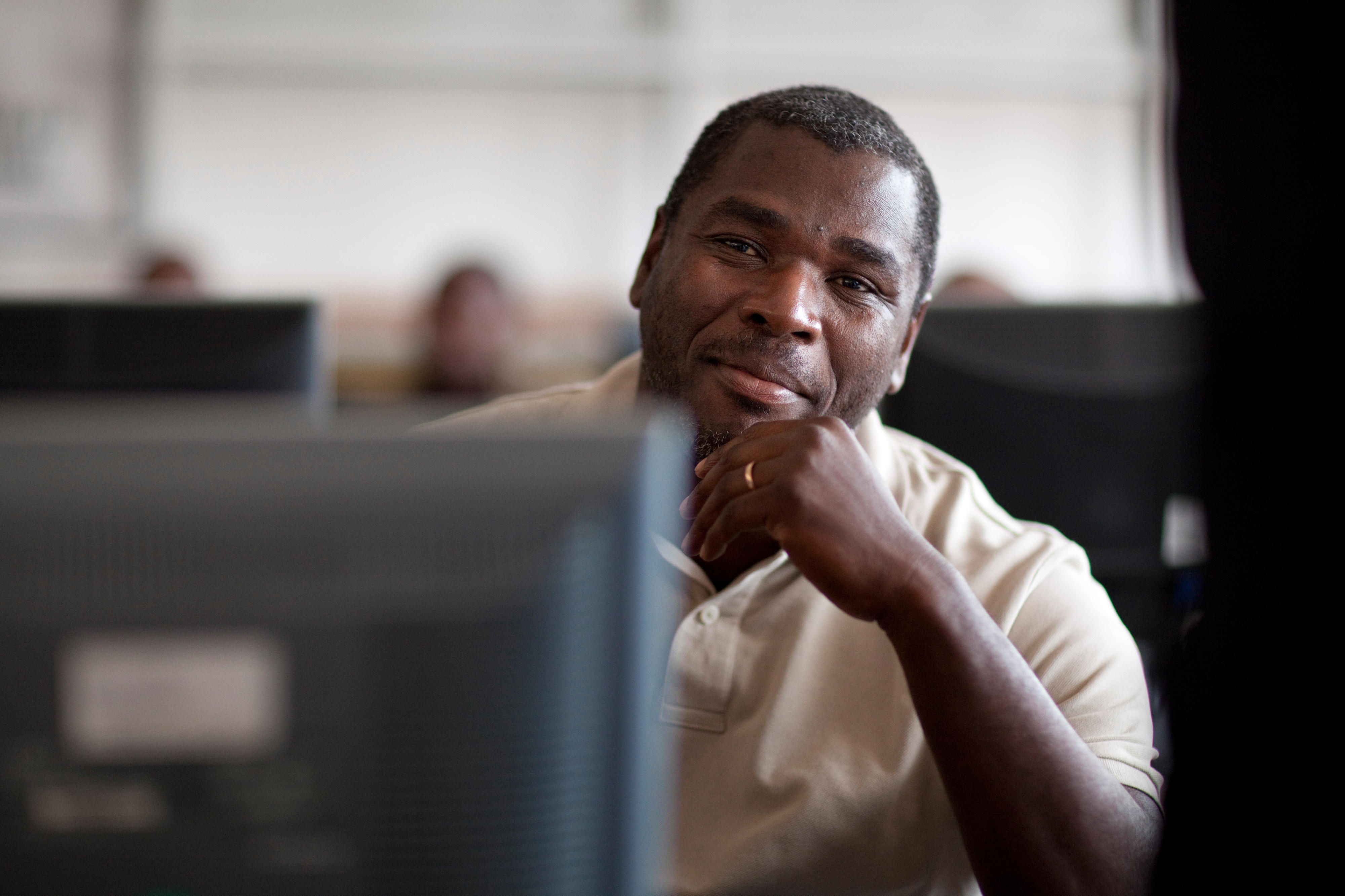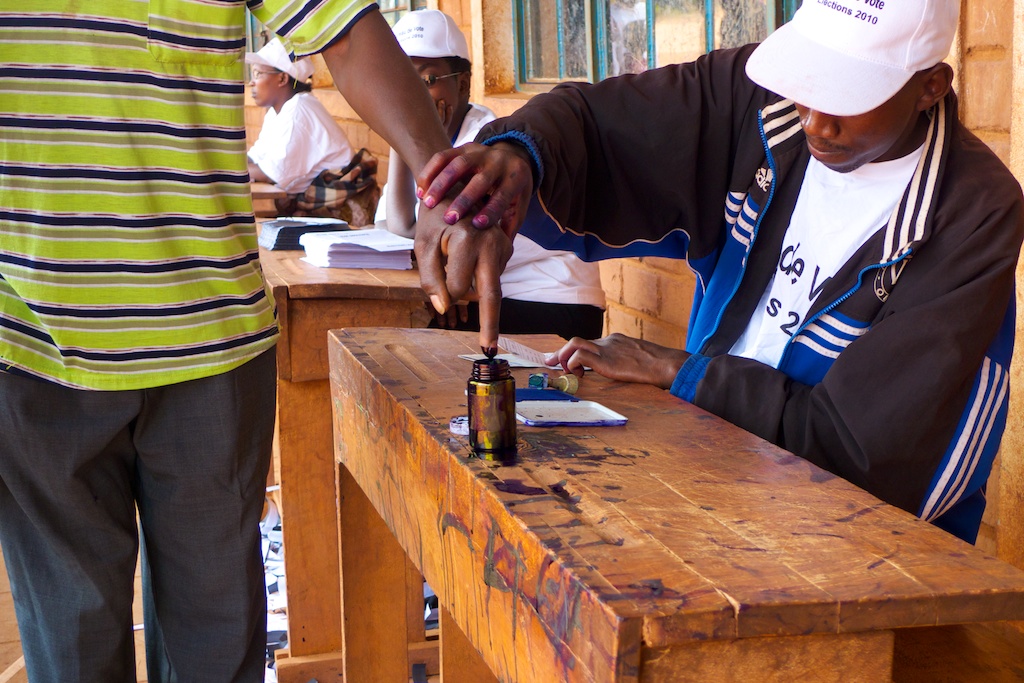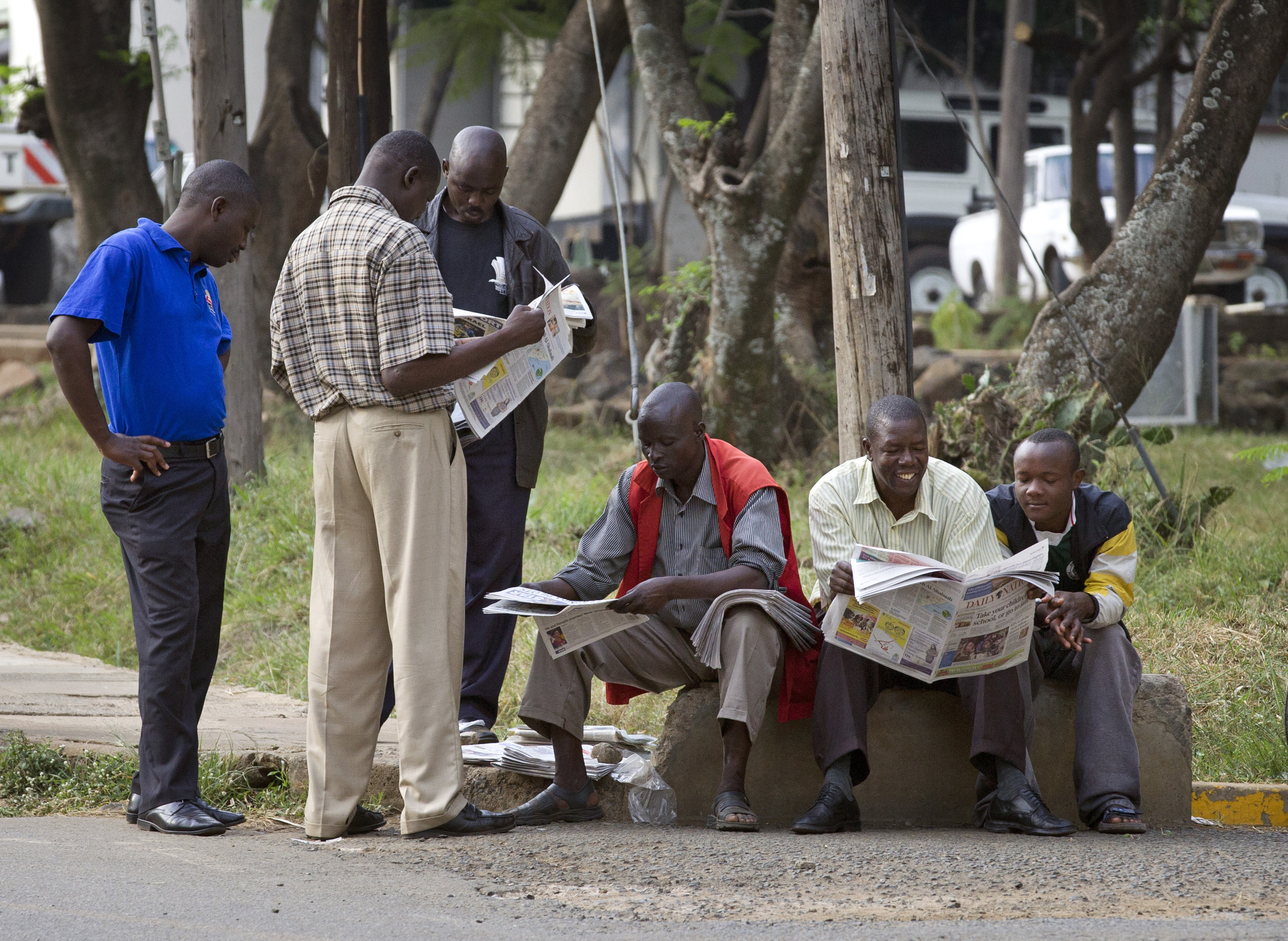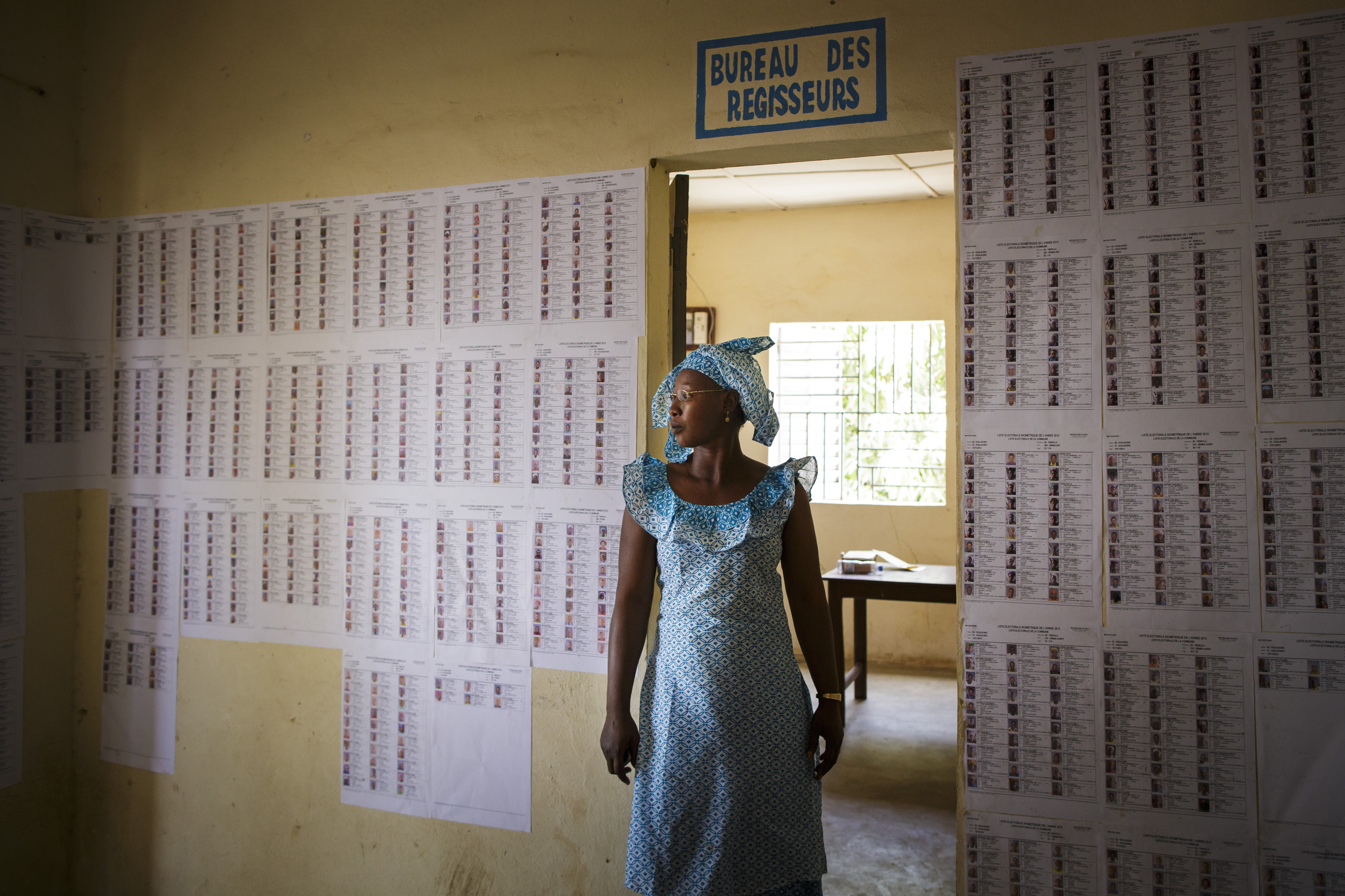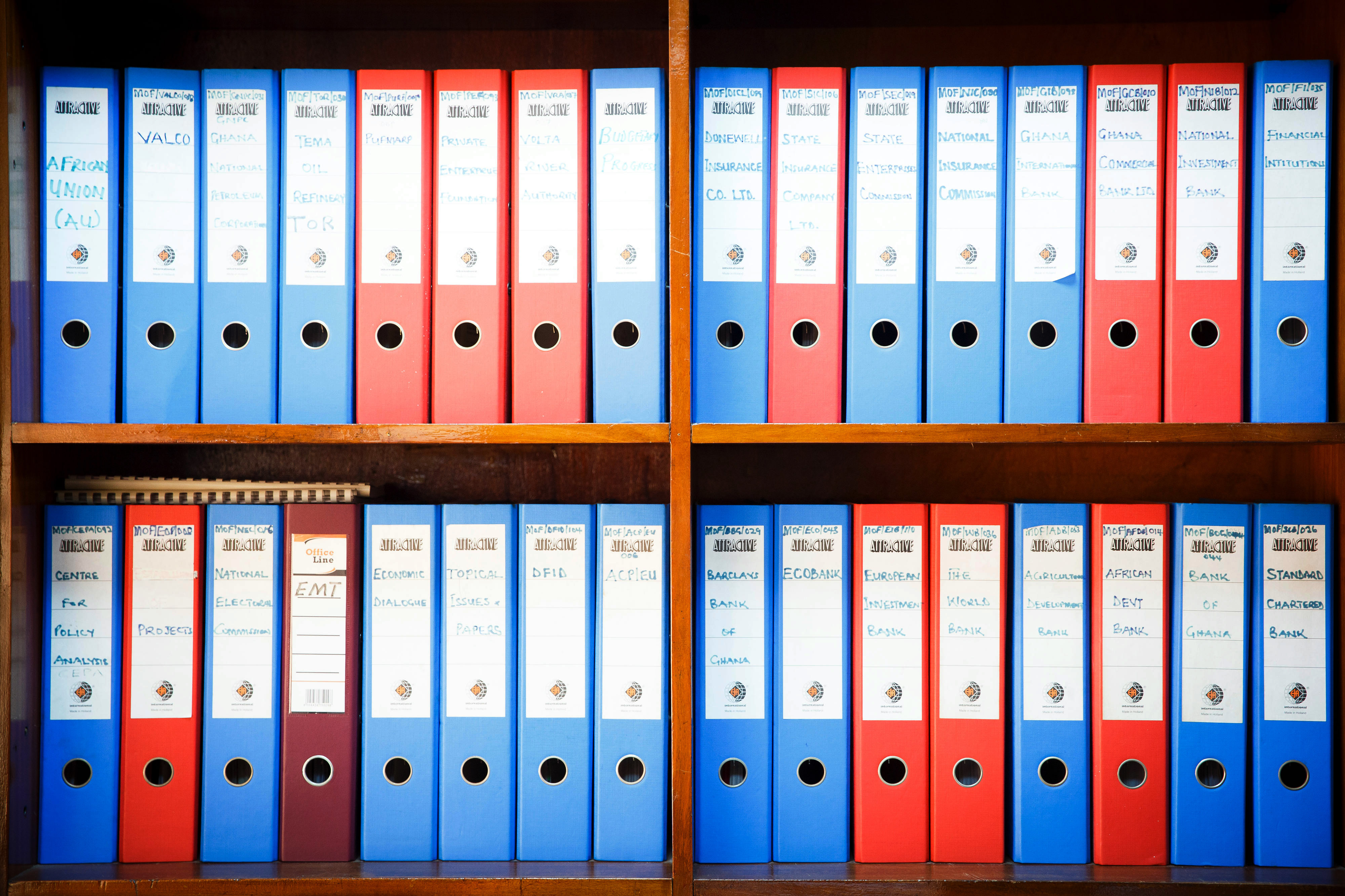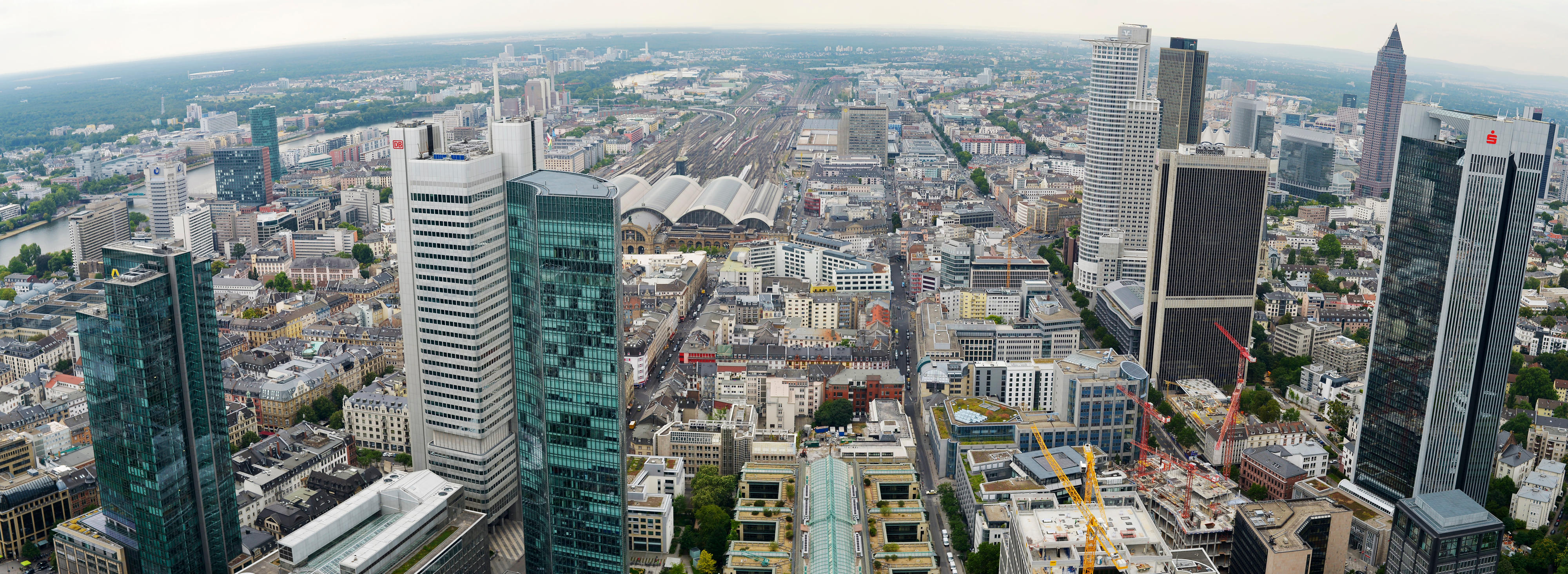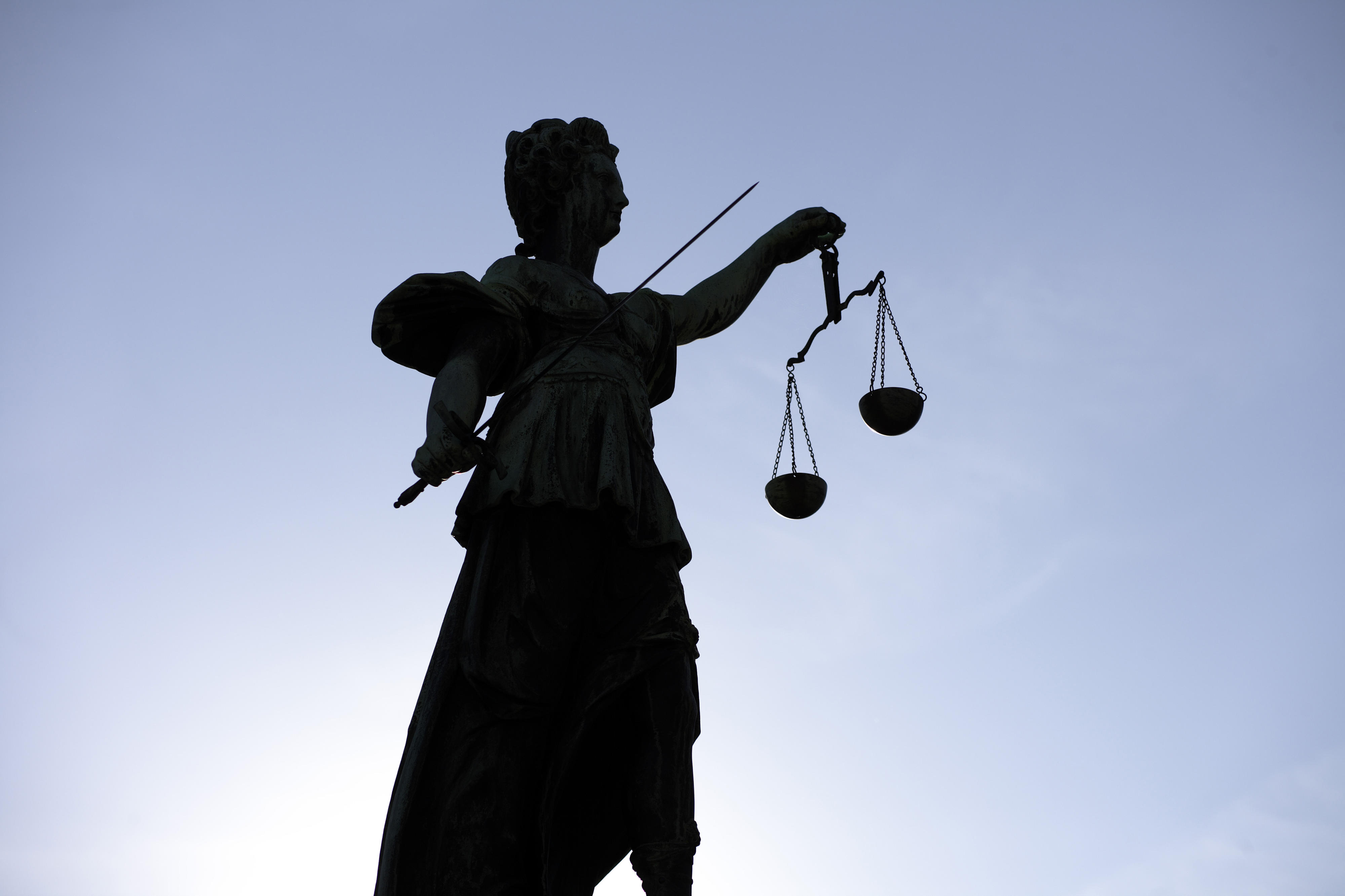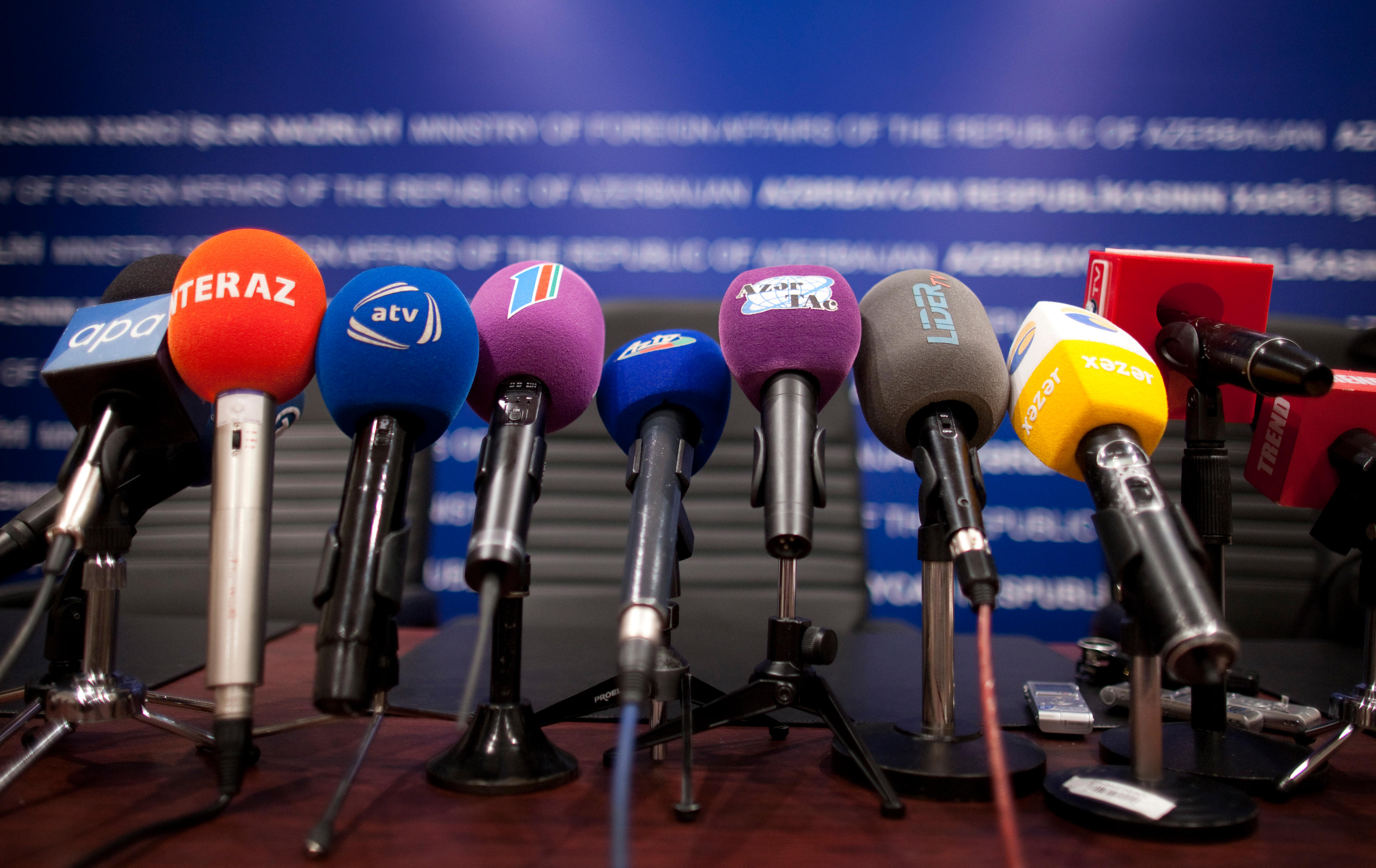An employee of the local government in Ouad Naga, Mauritania
Copyright© Thomas Imo/photothek.net
Fostering good governance – advancing development
Assisting partner countries in pursuing reform processes
Through Financial and Technical Cooperation, Germany assists its partner countries in implementing reforms to foster good governance. Promoting political participation, human rights, rule of law, decentralisation and municipal development, establishing effective public institutions and tackling corruption are various approaches Germany takes to achieve the objective of good governance.
In this area, Germany works with government institutions such as ministries, parliaments, ombud institutions, anti-corruption authorities and associations of local authorities, and also with numerous civil society organisations.
Good governance cannot be imposed from outside. In order to facilitate political reform processes, constructive and stable relations need to be established between the state and society. This requires strong civil societies that are able to voice their interests and that participate in political decision-making. It also requires effective government institutions that are willing to provide sufficient space for active participation.
Important areas addressed by the work of the German Development Ministry
Kenya: Men reading newspapers on the side of the road.
As part of its work in the core area of “Peaceful and inclusive societies”, the Federal Ministry for Economic Cooperation and Development (BMZ) supports projects related to inclusive governance, democracy, justice and a functioning state, anti-corruption, domestic resource mobilisation and local authority structures.
The following are important action areas:
- Respect for, protection and fulfilment of all human rights
- Democracy, rule of law, freedom of opinion and freedom of the press
- Gender equality
- Transparent government action, administrative reform and decentralisation
- Good financial governance
- Anti-corruption measures
- Transparency in the extractive sector
There are no blueprints for promoting good governance. The sociocultural, historical, political and economic situation and the needs of partner countries must be taken into account, and efforts must be undertaken to strengthen the existing capacity of local institutions to resolve problems.
In addition, the Development Ministry makes a point of including good governance aspects in projects that address other areas of development – including in countries with which governance has not been agreed as a priority of cooperation. This means, for instance, that healthcare and education projects can include steps to strengthen the rights of various sections of the population and can support government institutions in their efforts to be transparent and accountable in their work. In the long term, this reinforces the success of such projects and makes development cooperation more effective.
In its multilateral cooperation activities, too, Germany works to promote good governance, providing support for relevant programmes run by, for instance, the European Union, the United Nations Development Programme (UNDP) and the African Union.
Challenges
Partner countries with poor governance and authoritarian political structures present Germany's development policy with a particular challenge. Experts speak of poor governance and an inadequate focus on development if a government fails to gear its policies sufficiently to the common good, fails to pursue reforms and refuses to engage in dialogue and if, through all these factors, it runs a risk of causing state failure.
Where governance is poor, it is important that existing power structures are not inadvertently justified or reinforced when development instruments are employed. The main challenge is to strengthen the government in a way that enables it to perform its core duties in line with citizens' expectations and to make political participation possible.
Special sensitivity is necessary in these types of state-building measures since they trigger long-term change processes within society.
In the BMZ approach, dialogue between governmental and civil society actors plays a vital role. For instance, Germany assists civil society representatives in voicing their political interests, contributing to development plans and poverty reduction strategies, taking part in municipal budgeting and holding governments accountable for the use of public funds.
As at: 06/08/2025
